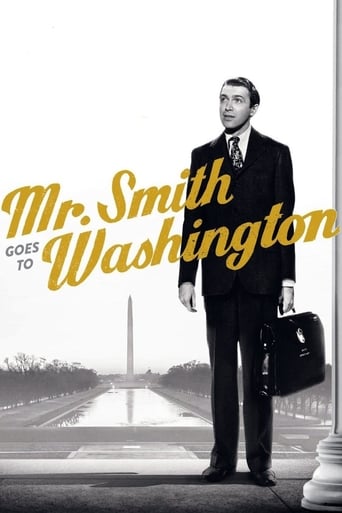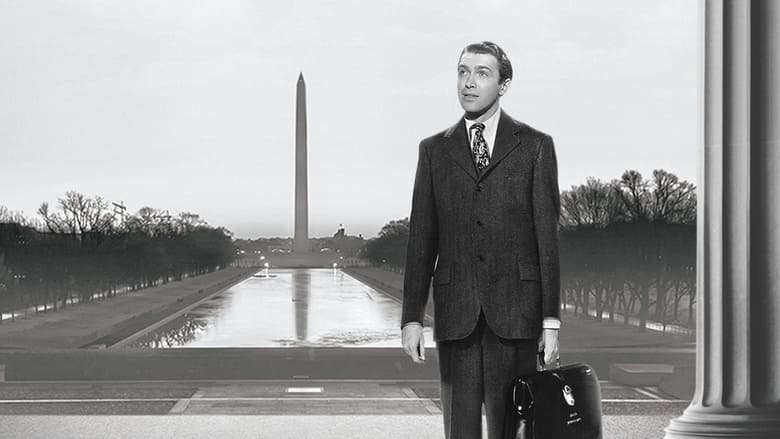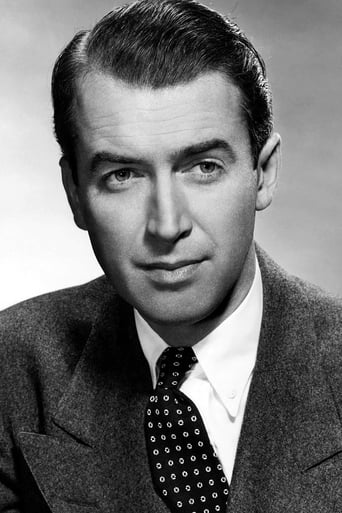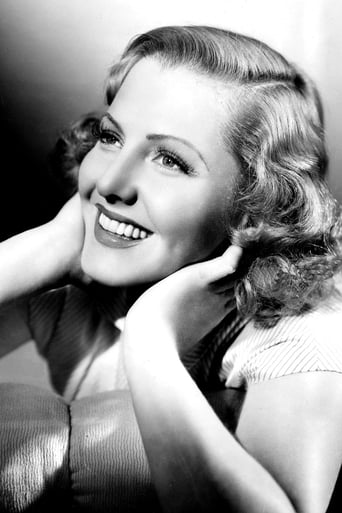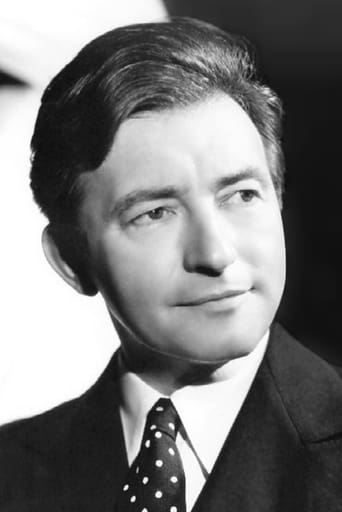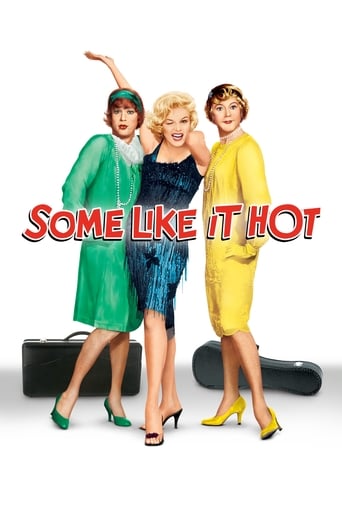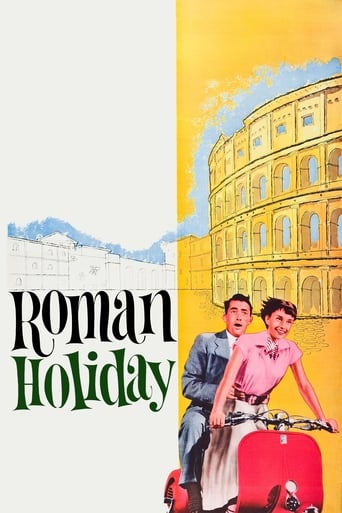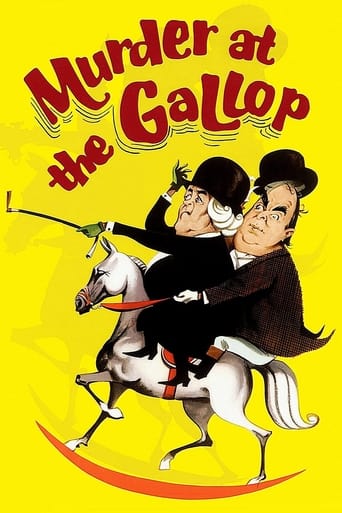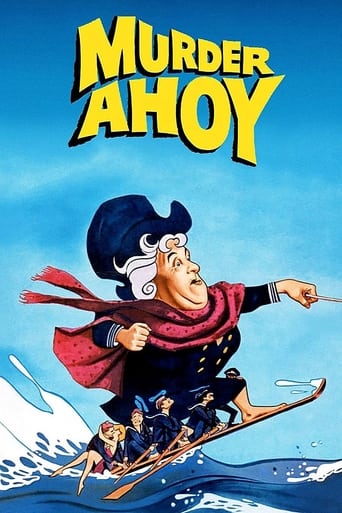Mr. Smith Goes to Washington (1939)
Naive and idealistic Jefferson Smith, leader of the Boy Rangers, is appointed to the United States Senate by the puppet governor of his state. He soon discovers, upon going to Washington, many shortcomings of the political process as his earnest goal of a national boys' camp leads to a conflict with the state political boss.
Watch Trailer
Cast


Similar titles
Reviews
Well, this is like any other political film oozing patriotism, where the small guy gets the big guy. The underdog wins. All American. Better yet, it is Frank Capra, with James Stewart. Can we get any more cliché? Oh, wait. The main character is a Jefferson Smith. Bribery, corruption, conspiracy, lies and deceit. It is all here. Shady deals, ulterior motives. In other words, politics. In case it was not already obvious, I am not very political. But guess what? In all the above ways, yes, this is like all those other films. But it the most important ways, it is not. What makes it different? In one word, Stewart. Sure, the clever writing, the directing, the supporting cast are all assets to the film. But he makes this film. His character's name is in the title, after all. Through his heartfelt performance as Jefferson Smith, the audience is inspired; even the most cynical of us might find ourselves beginning to really like this country, appreciate what we have today that our ancestors did not, and maybe even believe that we can make a difference by getting involved in politics. His naiveté is practically excruciating at times. His first glance at the White House can be compared to a little kid in a candy store. His first evening exploring all the monuments along and around the National Mall is shown in montage form with patriotic backgrounds music. Cheesy, yes. But somehow it was not as bad as it sounds. As he, an everyday man, tries to acclimate himself in the world of politics, each blunder brings new laughs. His awkwardness in palpable and his character lovable. Eventually, of course, he must learn the truth- that it does not really exist in the government. We all cheer for this everyday Smith as he tries to pave the way for all the little guys. As far as high school or even grade school education goes, this should be on a list of required viewings. Along with School House Rock's classic "How a Bill Becomes a Law", of course. I would have loved to learn about government, the Senate, bills, and filibusters this way. **** Spoilers **** Sadly, it was the ending that brought the greatest disappointment. It was extremely sudden and cheap. After all that determination and rallying from Smith; after how far Paine was willing to go to condemn the man he supposedly felt was "like a son" to him, after all his stubbornness to do the right thing, he gives up and confesses everything on the Senate floor? Highly unlikely. Even worse, it cheapens all that Smith has done.
Director Frank Capra presents the story of small-town boy scout initiative Jefferson Smith conquering the corrupted political world of Washington D.C. to restore order in the spectator's mind that life can be beautiful in certain moments.In this sense the director had been a master of manipulating the audience into empathy for on-screen characters, taking journey with their struggles and come out clean with life resolved to happiness - arguably this approach of filtering screenplays to a director's vision found its peak seven years later with "It's a wonderful life (1946)", in which actor James Stewart reprising his well-earned beat repertoire to the ultimate fairy tale of finding redemption in life. In that sense "Mr. Smith goes to Washington" feels like a star-forging vehicle for James Stewart, where the director Frank Capra steps back behind his leading man to let him explore his capabilities as an growing actor.Cinematography and Production Design are reduced to the essentials with no splendor nor extravaganza filling the framing. Amazingly the director had such a tight grip on his picture that he even got away with an 100 seconds Two-Shot of dialogue between Jean Arthur & James Stewart between pricked concrete walls. By just inter-cutting one b-roll pick-up shot at Lincoln Memorial, Capra was able to create the illusion of being at the Washington sight, giving the scene just enough depth to drag the protagonist out of his misery to confront his last fight at the capitol with Senator Joseph Paine, solidly performed by Claude Rains, who already build connections to his future character of Mr. Dreyden in "Lawrence of Arabia (1962)". Nevertheless Hollywood's golden 1930s has been a perfect example of showing how disputes between depolarizing characters shift into physical confrontations since the action decade of the 1980s, which the Director elegantly avoids and still achieves the same emotional impact with the audience - a rare state of cinema of 2010s desiring to be experienced again.© 2017 Felix Alexander Dausend
I gave it 10 stars--but let's just say I'm good for another 50 years before I see this again. I thought it was sentimental shlock and that Stewart's performance was questionable, and that is the best I can say. When we look at an actor's oeuvre over time, the audience can compare performances, and for me, he was weakest here.I don't like these kinds of movies because they are a deliberate attempt to tug on the heart strings of the audience; the audience is being overtly manipulated. And not a bit of it rang true. That Washington is a cesspool is self-evident from reading the daily news; that someone idealistic could expose Washington on such a flimsy basis as a questionable land deal...About the best moment was when Stewart's Secretary explains how a bill is passed; now that sounded true to life. Guy Kibbee's performance of a corrupt and weak governor was spot on.So given Stewart's weak performance, given the sentimental shlock, given overt audience manipulation--like I say, I'm good for another fifty years before I watch this again.
Undoubtedly one of the most beloved American films of all time, Frank Capra's Mr. Smith Goes to Washington is one of the great directors most cynical portraits of the U.S., revealing an infestation of corruption all the way to the top of the Senate in the city where the Capitol Dome and the Lincoln Memorial sit uneasily as symbols of idealism. The film is also one of his most optimistic, and this blend of attitudes have led to many other Hollywood movies being labelled in his honour as 'Capraesque', one of the most misunderstood and overused labels in cinema.'Capraesque' is commonly lumped upon movies with an overbearing sense of positivity, with the little man, or woman, ultimately overcoming overwhelming odds to triumph over whatever conglomerate or institution trying to stamp all over them. But what the labellers forget is the skill required to convincingly build up the struggle of the hero, making the climax all the more poignant and satisfying in the process. When Jefferson Smith (James Stewart), the small-town head of the Boy Rangers, is invited to join the U.S. Senate, he accepts the role with humility and a determination to prove himself worthy. What he doesn't know is that fellow senator Joseph Paine (Claude Rains) intends for Smith to be a stooge while he and his boss Jim Taylor (Edward Arnold) go about their dodgy business.Initially, his "aw, shucks!" persona is met with ridicule by the press, and is seen as a naive idiot by his secretary Clarissa Saunders (Jean Arthur). However, his patriotism soon endears him to Saunders, who witnesses his peers and superiors begin to tear him to shreds as he uncovers a scheme to buy up land. As Smith, Stewart is perfect, embodying the kind of American ideals that the country prides itself upon but rarely follows, stubbornly holding court while he fights for his reputation in a riveting climax. It's a Wonderful Life (1946) is commonly labelled as Capra's finest moment but, in my humble opinion, Mr. Smith is his crowning achievement, a movie of such substance and social insight that it more than transcends its now-routine formula and reaffirms a belief in good overcoming evil.

